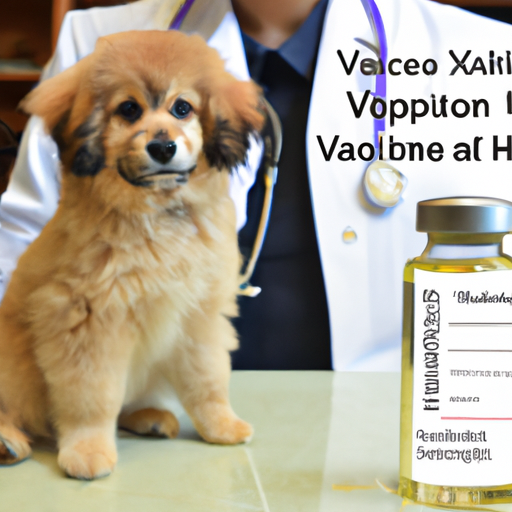Introduction
As a caregiver, your topmost priority is to ensure the wellbeing of those in your care. For your furry friend, this means taking proactive steps to protect them from diseases that can affect their quality of life. The best way to do this is by ensuring they are up-to-date with their vaccinations. Let’s dive in and see what vaccinations your dog needs.
Core Vaccinations
Core vaccinations are the most crucial vaccines that every dog, regardless of their age, breed or lifestyle, should receive. They protect against severe, life-threatening diseases that have global distribution. Here are the core vaccinations:
- Canine Parvovirus: This is a highly contagious viral disease that can be fatal, especially in puppies.
- Canine Distemper: This virus affects a dog’s respiratory, gastrointestinal, and central nervous systems.
- Canine Hepatitis: This is a viral disease that primarily affects the liver.
- Rabies: Rabies is a deadly disease that can also be transmitted to humans.
Non-Core Vaccinations
Non-core vaccinations are those given based on your dog’s specific risk factors like their environment, lifestyle, and age. They may include:
- Leptospirosis: This bacterial infection is more common in areas with a lot of wildlife or where dogs may come into contact with contaminated water.
- Bordetella (Kennel Cough): This is recommended for dogs that often interact with other dogs in places like kennels, dog parks or shows.
- Lyme Disease: This is recommended for dogs that spend a lot of time outdoors, especially in areas with a high tick population.
Vaccination Schedules
Keeping track of your dog’s vaccination schedule can be challenging, but it’s crucial to ensure they’re fully protected. Here’s a rough guide:
| Age | Vaccination |
|---|---|
| 6-8 weeks | Parvovirus, Distemper |
| 10-12 weeks | DHPP (vaccines for distemper, adenovirus [hepatitis], parainfluenza, and parvovirus) |
| 12-24 weeks | Rabies |
| Every 1-2 years | DHPP |
| Every 1-3 years | Rabies |
Considerations and Side Effects
While vaccines are generally safe, like any medical procedure, they can have side effects. Most are mild and resolve within a day or two. They may include:
- Discomfort at the injection site
- Mild fever
- Decreased appetite and activity
- Sneezing, mild coughing, or other respiratory signs may occur 2-5 days after your dog receives an intranasal vaccine
Always consult with your vet if your dog seems unusually uncomfortable after receiving a vaccine.
Frequently Asked Questions
Q: Can vaccinations make my dog sick?
A: Vaccines stimulate the immune system, which can sometimes lead to mild symptoms like a slight fever or lethargy. If your dog seems seriously ill after a vaccination, call your vet.
Q: Are there any dogs that should not be vaccinated?
A: Dogs with serious chronic illnesses, dogs undergoing chemotherapy, pregnant dogs, and very old dogs may not be suitable for vaccinations. Always consult with your vet.
Q: How much do these vaccinations cost?
A: The cost can vary depending on the area and the specific vet clinic. It’s best to call around and get a few quotes.
Remember, vaccination is a preventative measure, not a cure. It’s your responsibility as a caregiver to make sure your dog is vaccinated and protected. It’s a small step that can have a significant impact on your dog’s health and happiness.



